Search Results for Tag: chameleon
5 smallest animals
Lists are somehow en vogue so we’ve put some together for you – like the 5 smallest animals in the world (to be completely honest, we should say “the five smallest animals – that we found pictures for”).
Hippocampus denise – the smallest seahorse
The Denise’s pygmy seahorse grows only 1.5 centimeters long and are named after the underwater-photographer Denise Nielsen-Tackett.
Brookesia micra – the smallest reptile
This chameleon – that does not have a non-scientific name (yet) – is with a maximum length of 29 millimeters the smallest known reptile. It lives only in one spot on our planet: in the North of Madagascar.
Leptotyphlops or Tetracheilostoma carlae – the smallest snake
As thin as a spaghetti noodle, you better don’t chew on it or dip it in tomato sauce… with a maximum length of 104 millimeters it won’t satisfy your hunger anyway. If you are curious about the name: It’s discoverer Blair Hedges named it after his wife Carla Ann.
Mellisuga helenae – the smallest bird
The bee hummingbird flies around mainly in Cuba – and can easily been overlooked as it is only about 6 centimeters long and quite fast: during one day it visits about 1,500 flowers.
Paedophryne amauensis – the smallest frog
The smallest vertebrate – the frog Paedophryne amauensis – was found in Papua New Guinea, where it prefers to live in the leaf litter of the ground of tropical forests.
Among the cutest smallest animals is the Pygmy Marmoset.
You spotted other cute, tiny animals? Share your examples with us in the comments below!
Madagascar’s New Species

For scientists looking to discover new species, Madagascar is the treasure trove: according to a new World Wildlife Fund study, scientists have found more than 600 new types of plant and animal life in the last decade alone! Why is Madagascar such a breeding ground for diverse creatures? The island is pretty isolated, and it’s stayed that way for centuries. Plus, the landscape is varied: there’s mountains, rainforest, and everything in between.
Researchers have discovered everything from the 10 cm-long Berthe’s mouse lemur to the “Glam Rock” chameleon in the picture above. National Geographic has some great shots of the new species, from tiny and furry to scaly and thorny.
But the report is also a reminder that some of these very special – and unique – creatures are under threat due to climate change and the practice of clearing forests in Madagascar for wood and other natural resources.
The WWF says the only way to protect all those species is for the locals themselves to get involved.



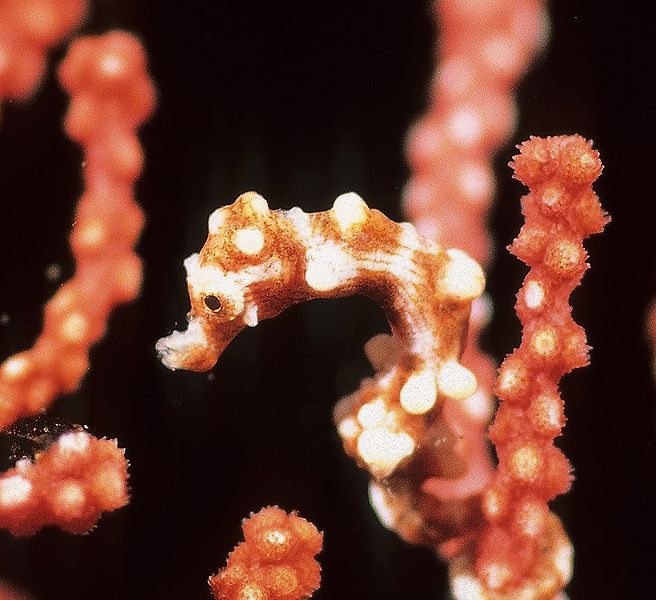
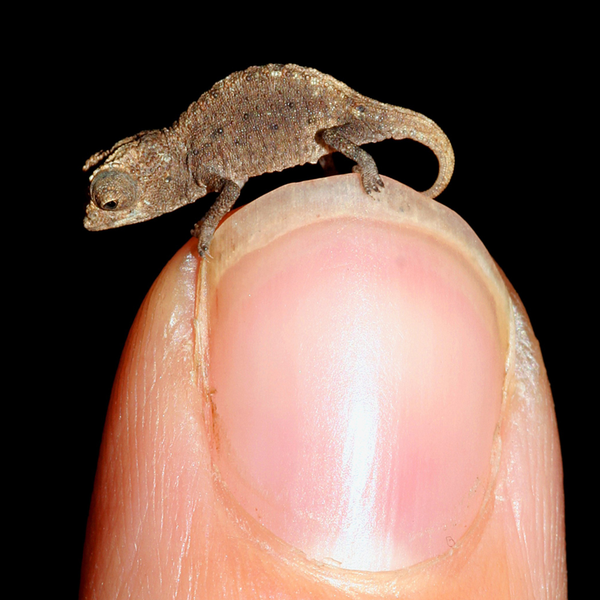
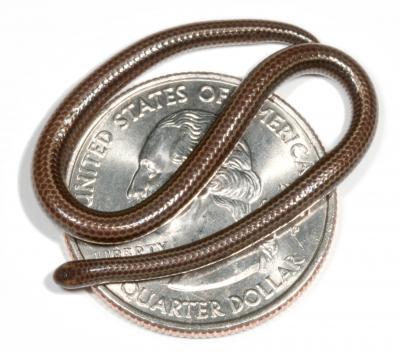
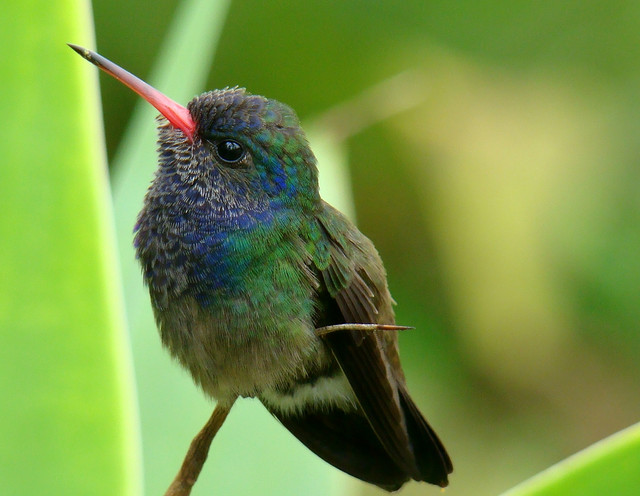
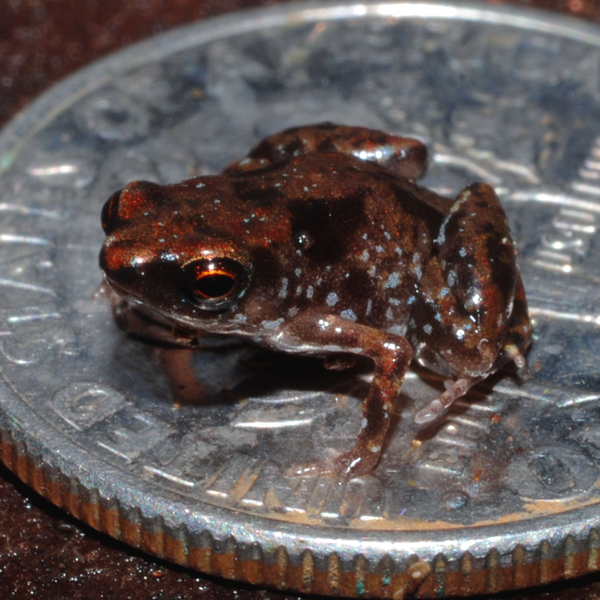

Feedback